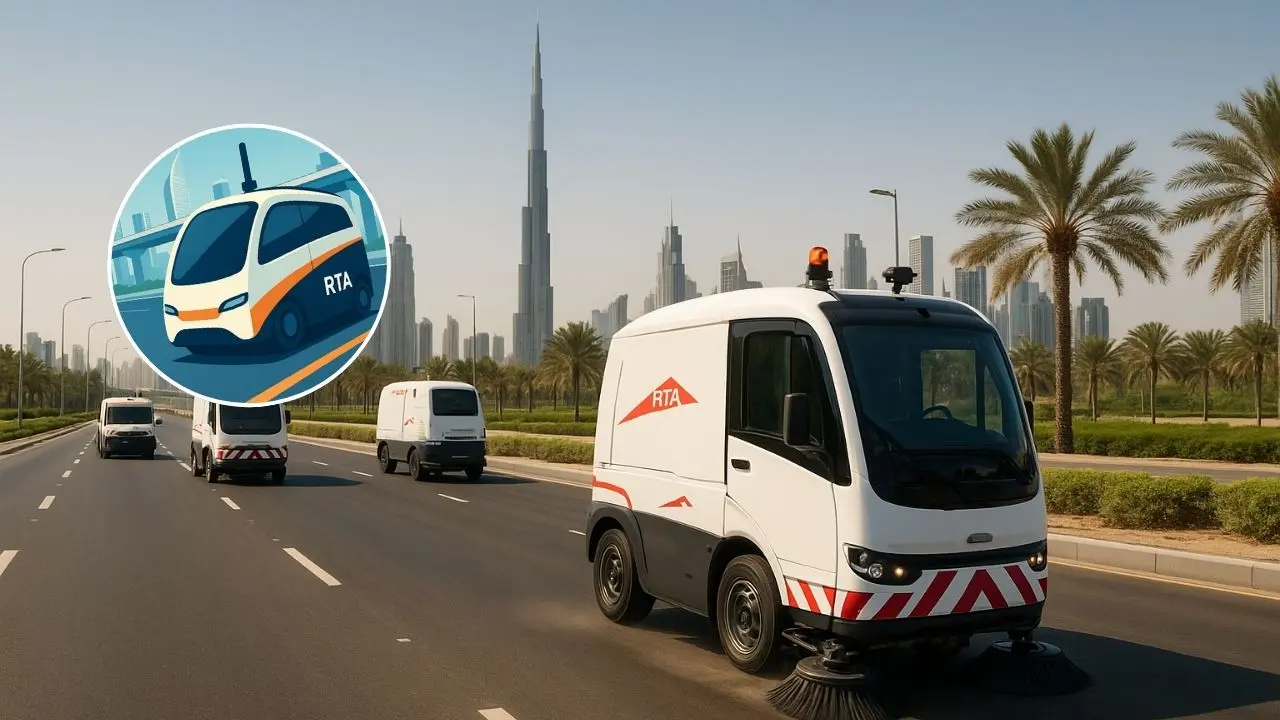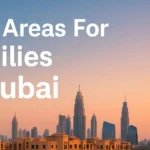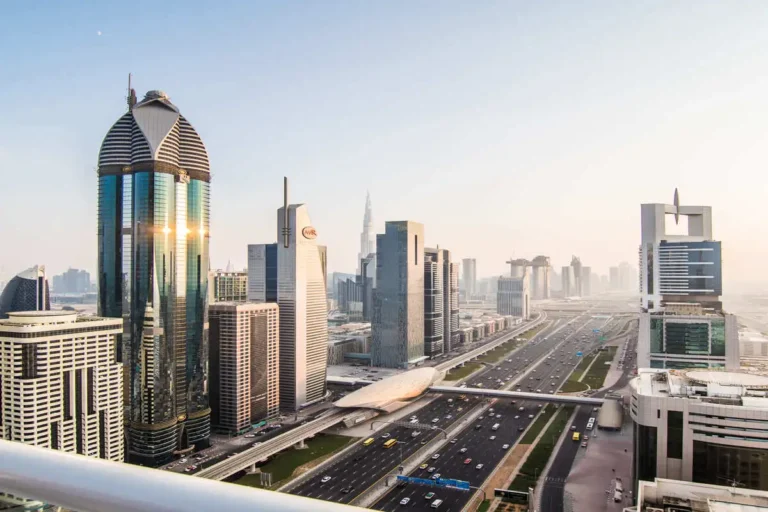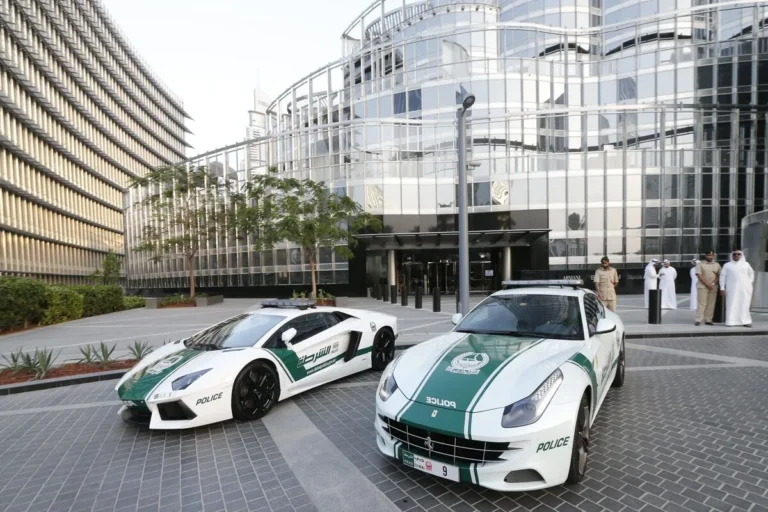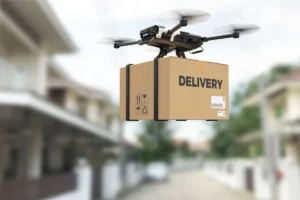August 16, 2025 | Dubai, UAE: Dubai RTA has started using smart vehicles to improve how it monitors and fixes the roads. These vehicles consist of special scanning tools that find damaged roads, check how well the surface is, and help with regular maintenance. This effort is meant to lower repair costs, make driving more comfortable, and keep Dubai’s roads ranked high in quality around the world.
Automated Inspections and AI-Driven Maintenance
Previously, the process of road inspection was dependent upon manual evaluations conducted by field teams. This method proved to be very time-consuming and led to limitations arising from harsh traffic conditions and human error. Presently, Dubai’s Road and Transport Authority (RTA) uses smart vehicles equipped with the Laser Crack Measurement System (LCMS-2) to conduct these inspections with greater efficiency, which led to assessments at regular traffic speeds.
This system is capable of detecting as many as 14 distinct types of surface damage, such as cracks, potholes, sand surface deterioration, all the while maintaining road operations without interruptions. In addition, a new, specific category of smart vehicles is employed to evaluate the comfort of the ride through the application of the International Roughness Index (IRI,) which established a global benchmark for road smoothness.
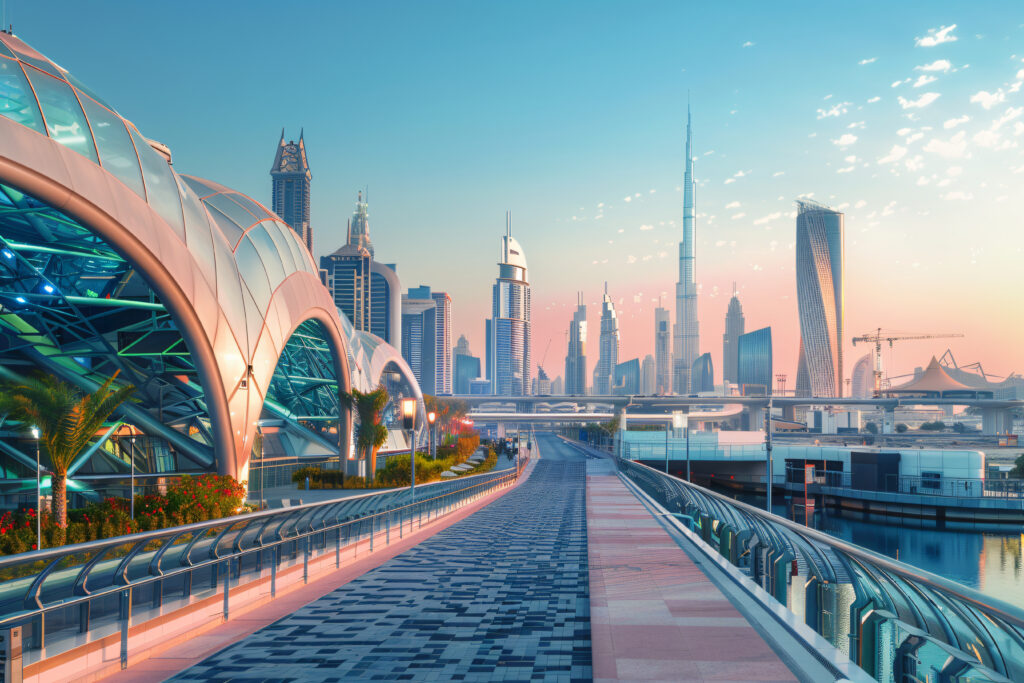
The real time data allows the RTA teams to quickly address the areas of roughness, thereby ensuring safe and comfortable driving conditions. Moreover, the LCMS-3 system includes AI to analyze the data collected to prioritize necessary repairs. This innovative approach ensures that 90%(Approx) of the maintenance budget is allocated towards new inventions and advancements.
All inspection data is stored in the Pavement Management System (PMS), which schedules repairs, tracks asset conditions, and predicts future wear. This proactive approach allows the RTA to maintain road quality consistently and efficiently.
Expanding Capabilities with LiDAR and Digital Twin Integration
In April 2025, the Roads and Transport Authority (RTA) implemented LiDAR technology. These advancements enables vehicles to conduct scans of road surfaces and to assess roadside assets such as signage, lighting poles, and lane markings.
The data gathered by the RTA serves as a virtual three-dimensional representation of the city’s transportation infrastructure. The digital model facilitates urban planning, prioritization of maintenance activities, and emergency response efforts.
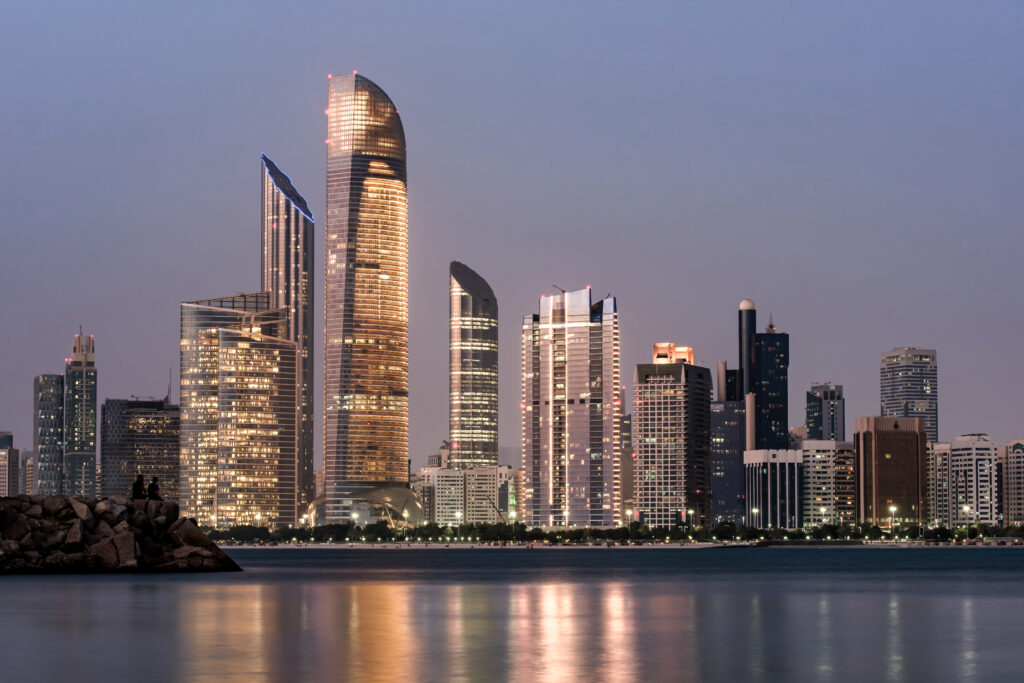
Dubai maintained ideal road quality standards by a Pavement Quality Index of 95% and a readability score of 97%. Dubai RTA ensures that both major and minor roadways are inspected routinely, regardless of severe traffic conditions or challenging climatic factors.
The technology employed by these vehicles encompasses laser scanning, infrared sensors, high-resolution cameras, and GPS integration. The LiDAR system produces precise three-dimensional maps, which enable accurate identification of road deficiencies and precise locations for necessary repairs.
Future Plans and Strategic Impact
The implementation of smart vehicles for road maintenance in Dubai establishes the city as a regional leader in the management of infrastructure.
The combination of AI, predictive analytics, and LiDAR scanning offers a valuable model for other urban areas confronting environmental and traffic-related challenges. Quality roadways play an essential role in these initiatives by serving as a dependable and secure foundation for both current and future transportation requirements.
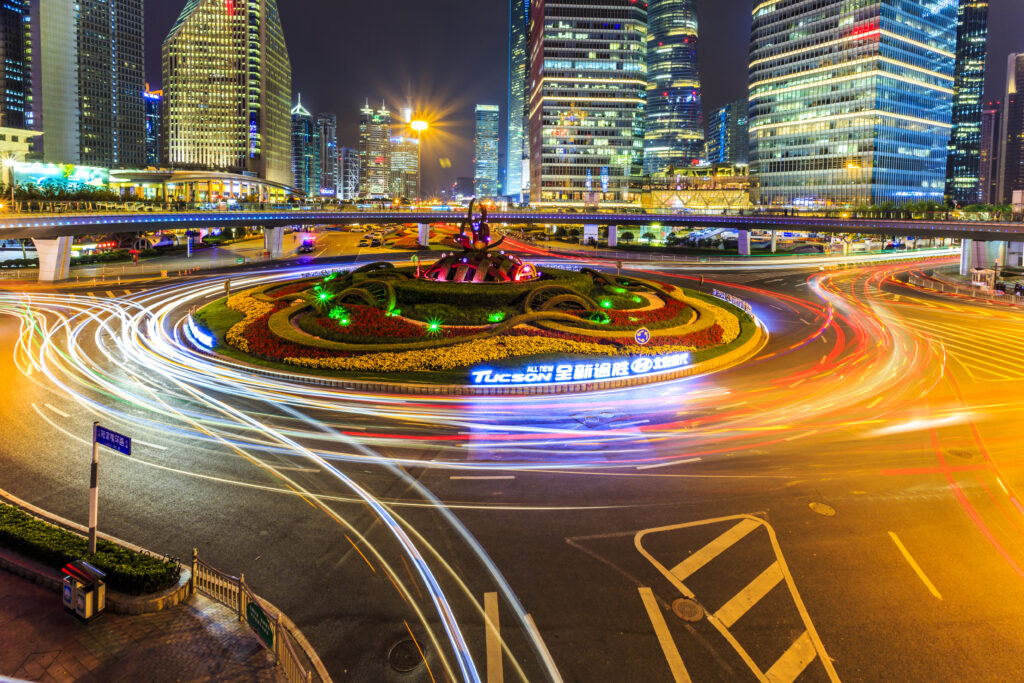
Dubai’s Road and Transportation Authority (RTA) intends to introduce drone inspections and refine AI algorithms to forecast damage resulting from weather conditions, traffic patterns, and construction activities.
Additionally, the combination of public reporting tools through mobile applications is contemplated to enhance responsiveness to maintenance needs. The smart vehicles operated by the Dubai RTA facilitate the early identification of defects, lower repair expenditures, and prolong the lifespan of infrastructure. They play a critical role in sustaining Dubai’s exceptional road network while ensuring that the transportation system remains safe, efficient, and adequately prepared for anticipated growth.
Also Read: Moving Your Family to Dubai? 9 Best Areas for Families in Dubai with Top Schools


